
Remarks on the Commencement Ceremony of the Peking University STL Graduates of the Class of 2021
President of the Shenzhen Court of International Arbitration (SCIA)
Honorable Dean McConnaughay, Dean Lehman, faculty members, distinguished guests and dear STL graduates of the Class of 2021,
Good afternoon!
It is my great honor to attend today’s commencement ceremony of STL, to share with you my view of STL, the unique law school in China and even in the world.
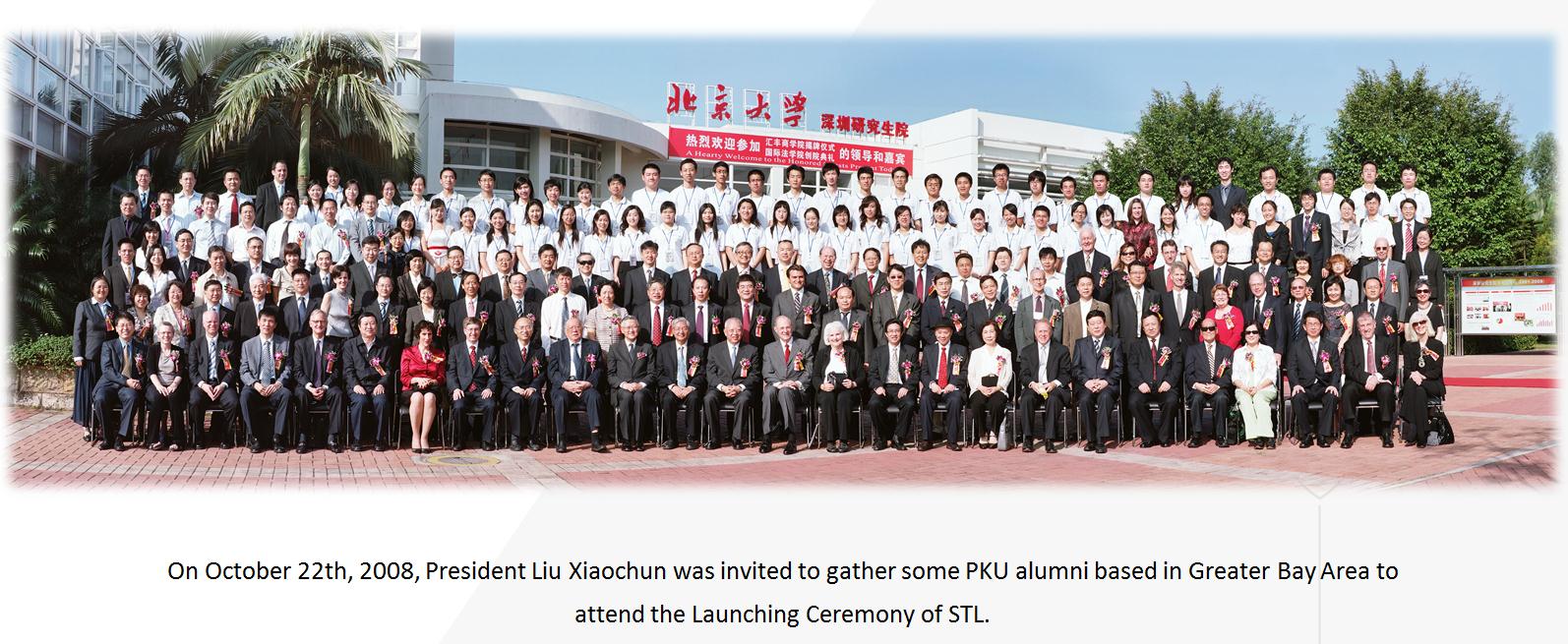
I was impressed that many famous scholars, senior judges and government officials from China, US and other countries also attended the ceremony. In that event, I heard from the former Chancellor Professor Hai Wen and the founding Dean of STL, Professor Lehman, that STL offers both US law and Chinese law education to the students. It was a great innovation with great ambition to cultivate transnational legal talents with international vision and global competitiveness for China. I was excited to hear the idea, but in the meantime, there were some doubts in my mind: how to teach both civil law and common law to the freshmen who have no legal education background? Can this innovation of law school education meet the demands of legal practice in China and beyond? These are two big questions that should cost years to find the answers. And now, I have the answers, mainly through two ways.
The first way is the long-time interactions and collaborations with the faculties of STL.
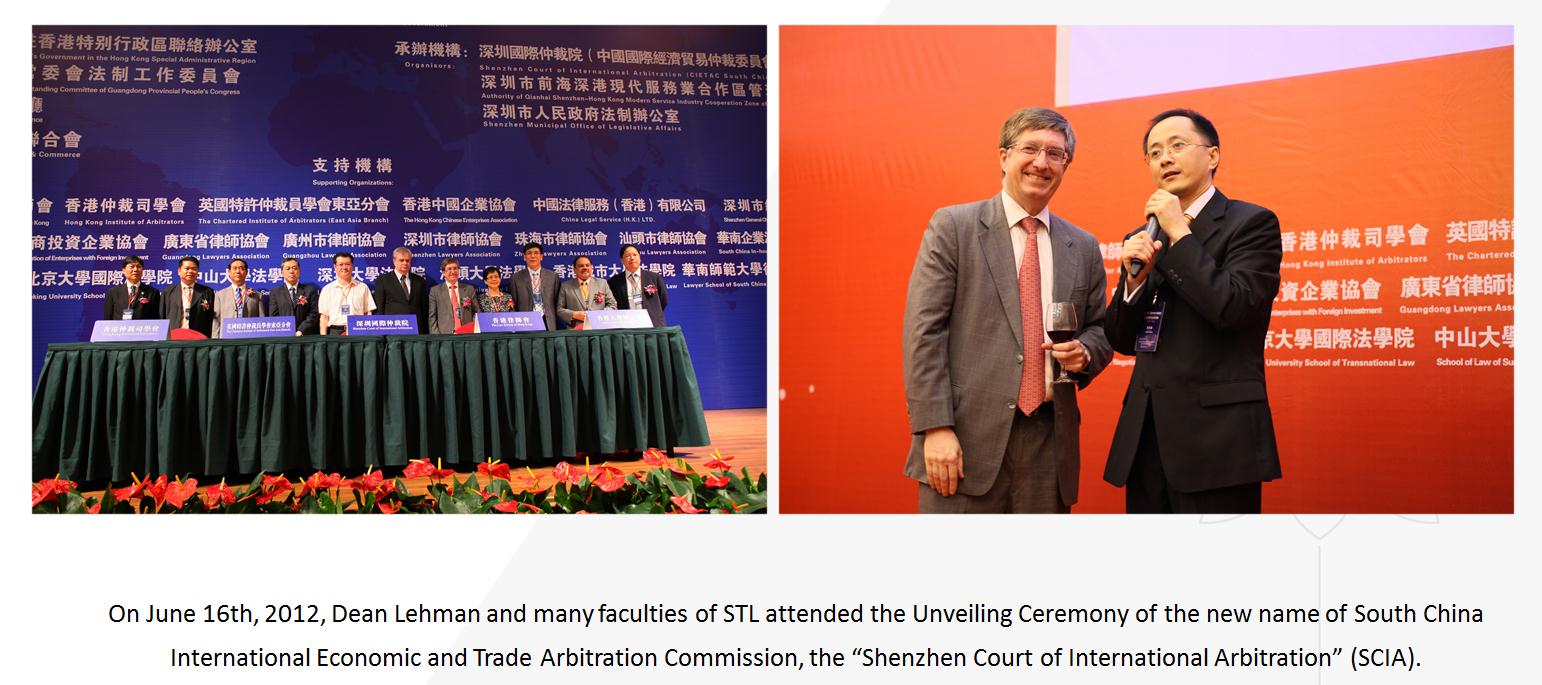
On April 2nd, 2014, Dean McConnaughay, and Judge D. Brooks Smith, the Judge of the US Court of Appeals for the Third Circuit together visited the SCIA hearing center in Qianhai.
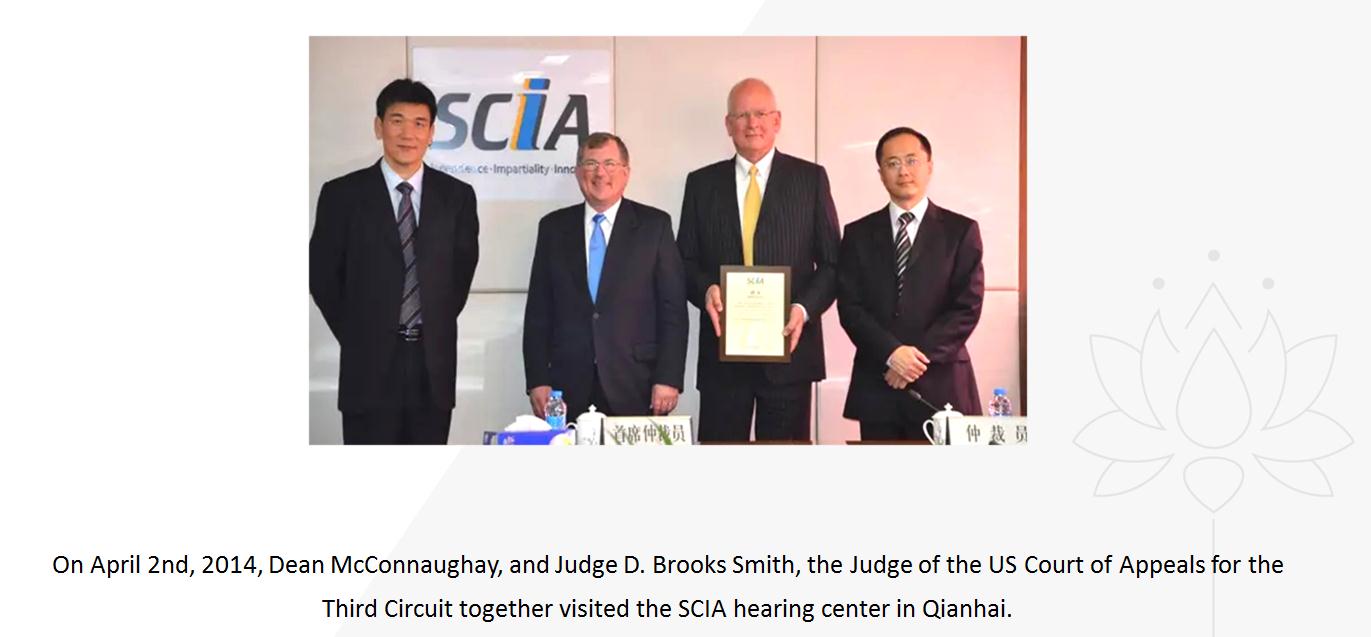
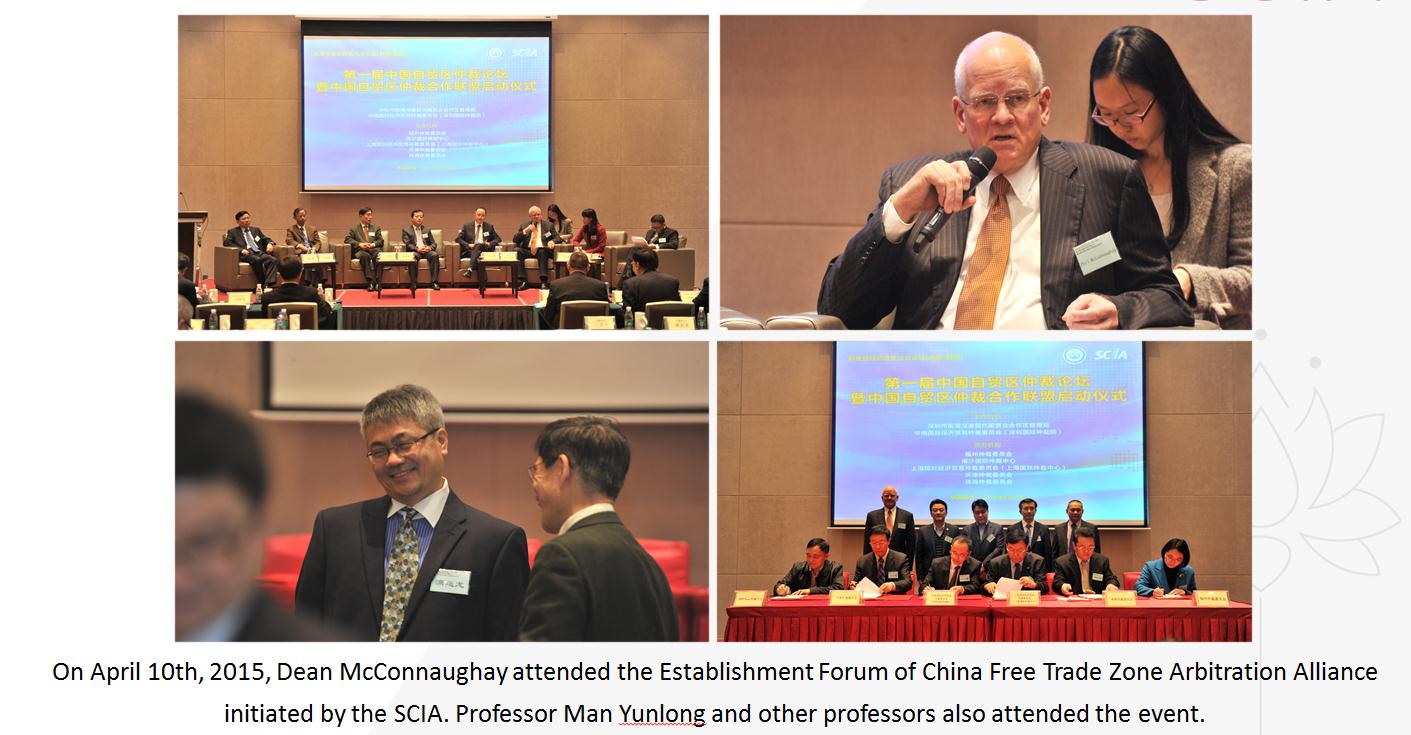
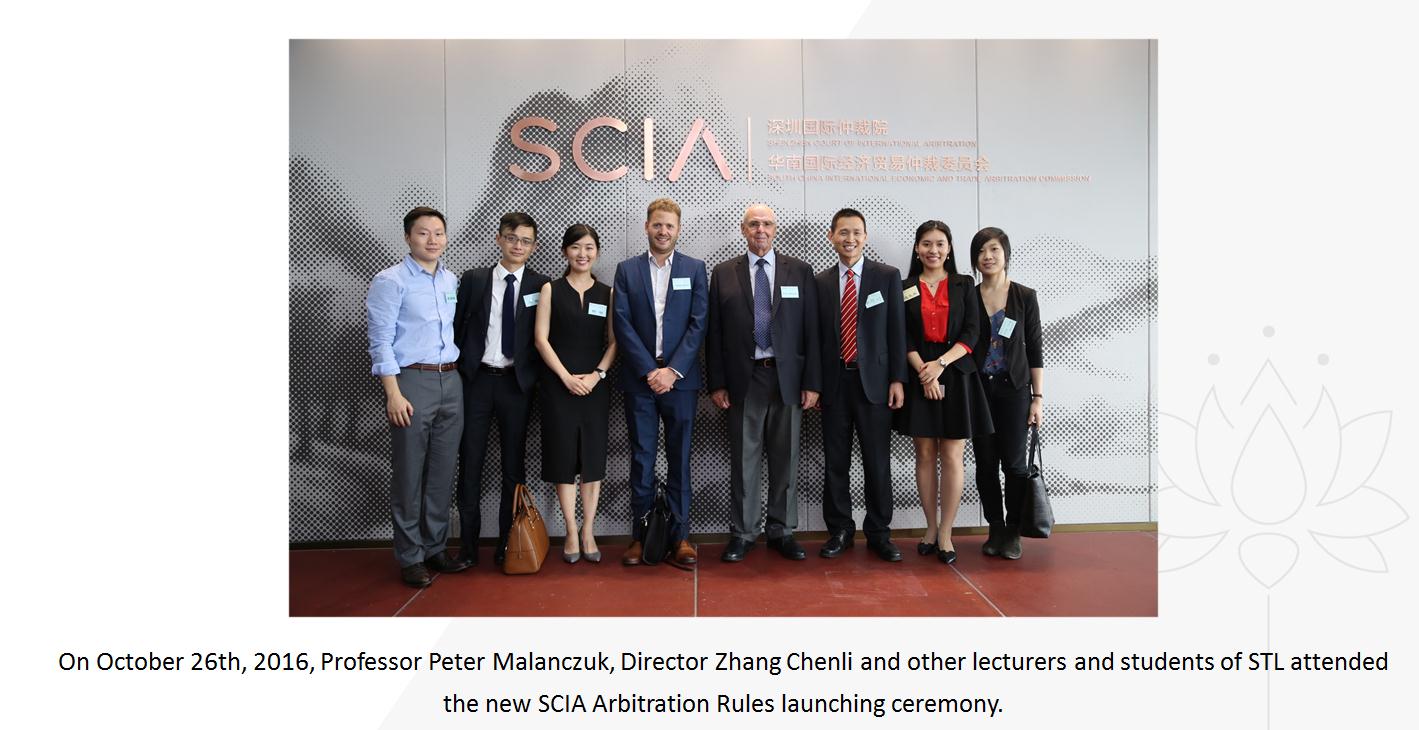
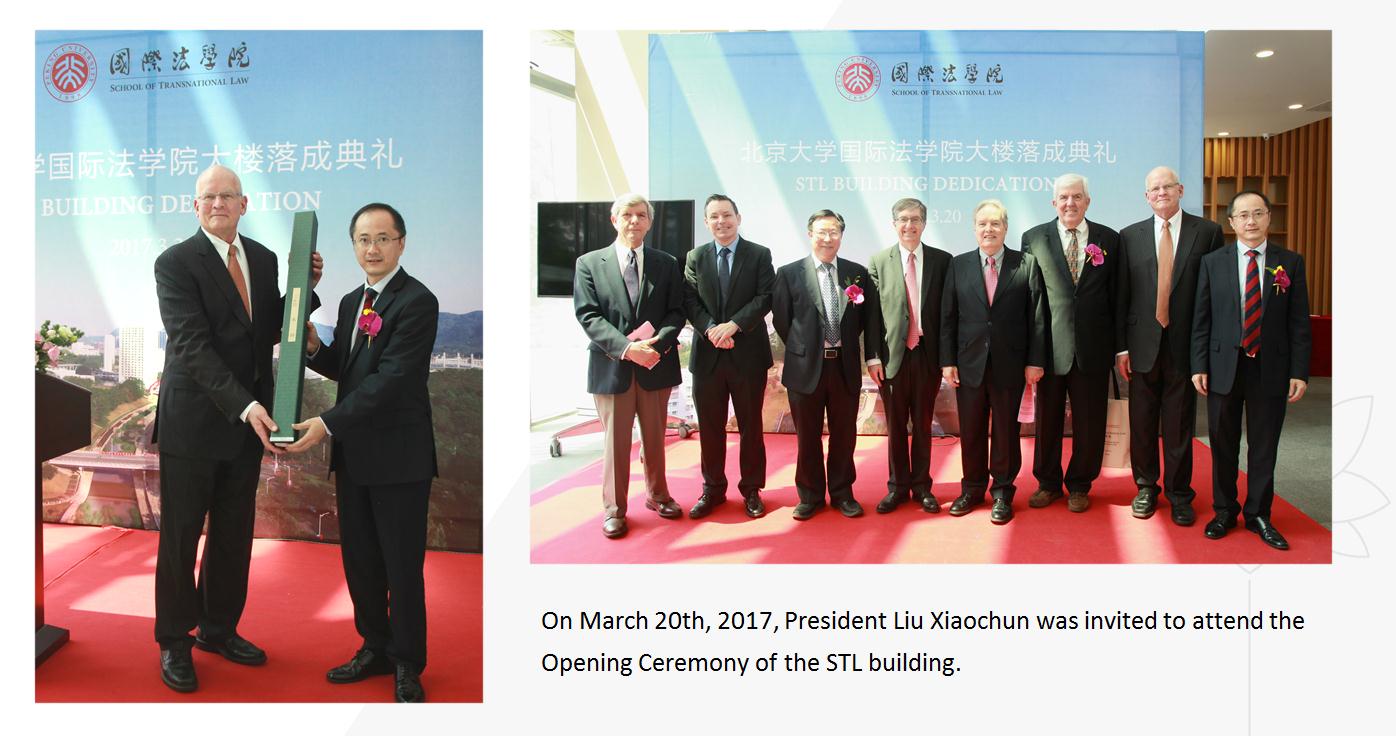
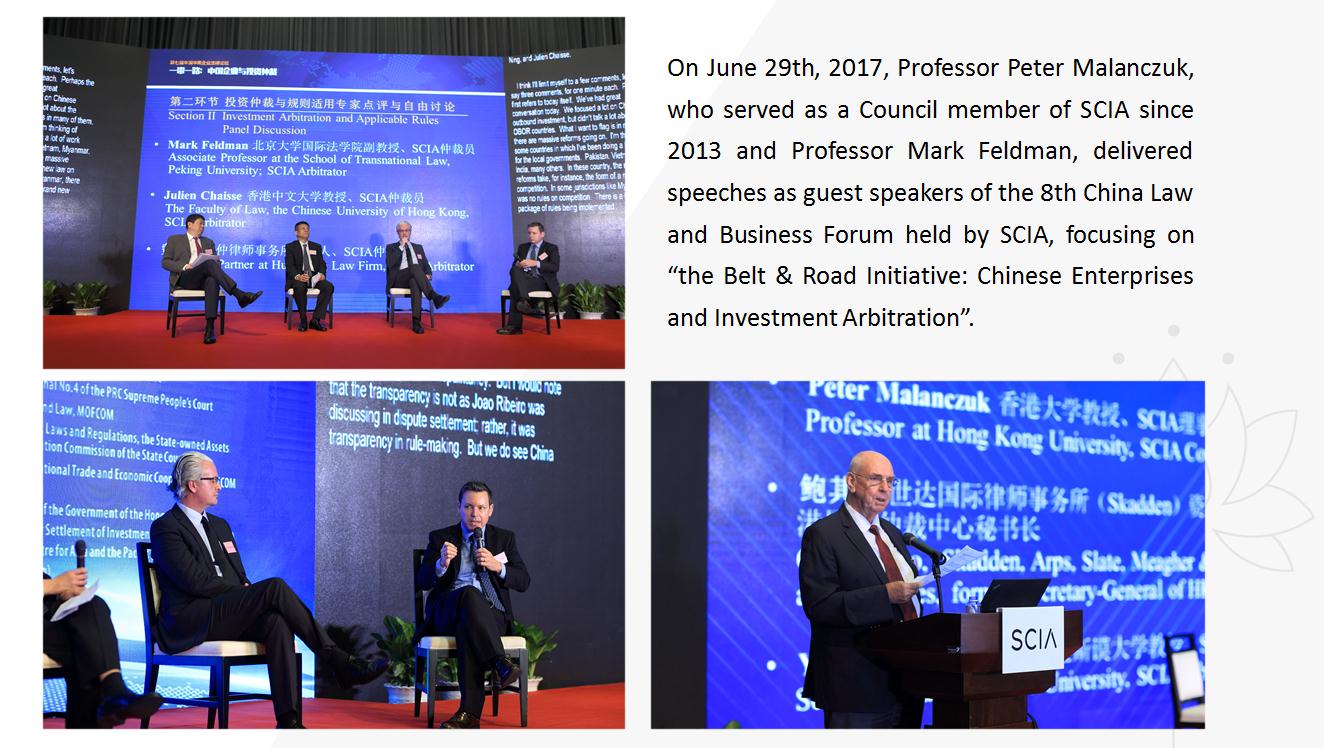
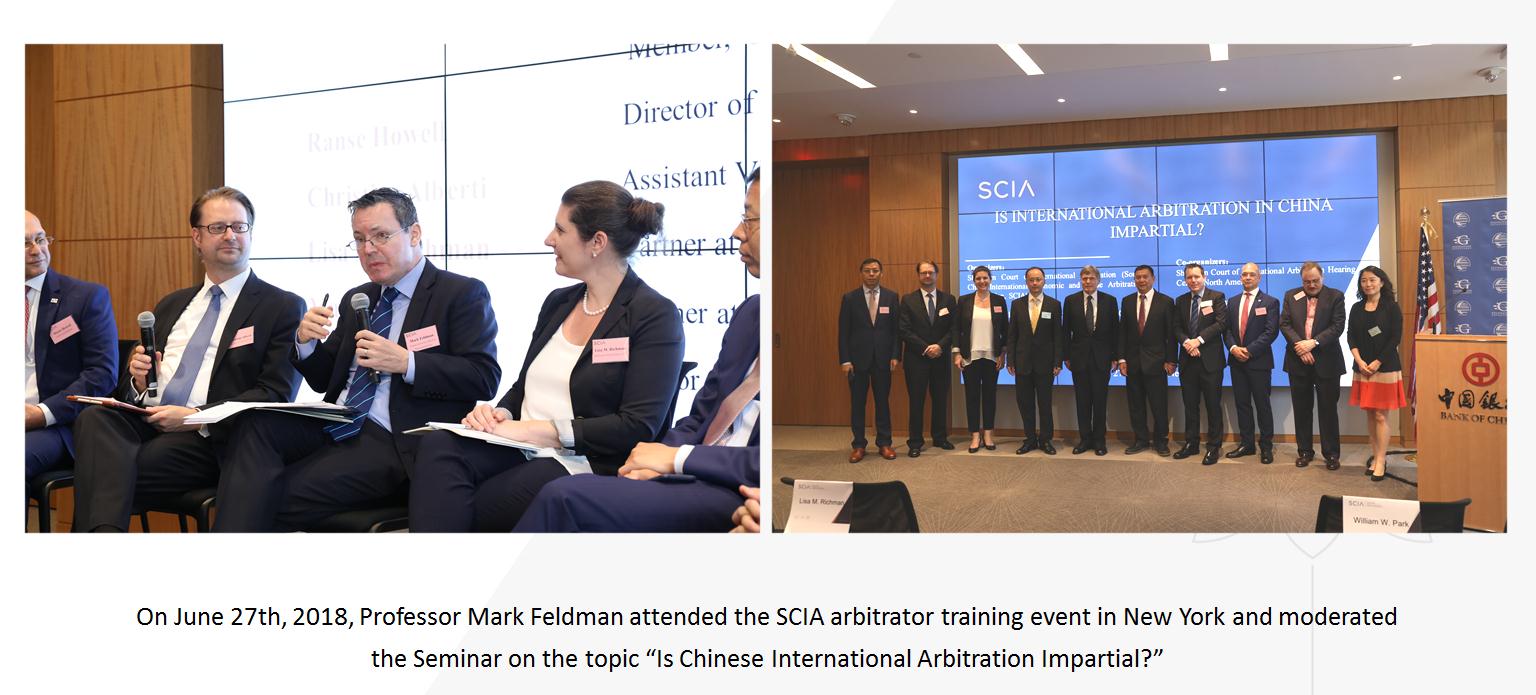
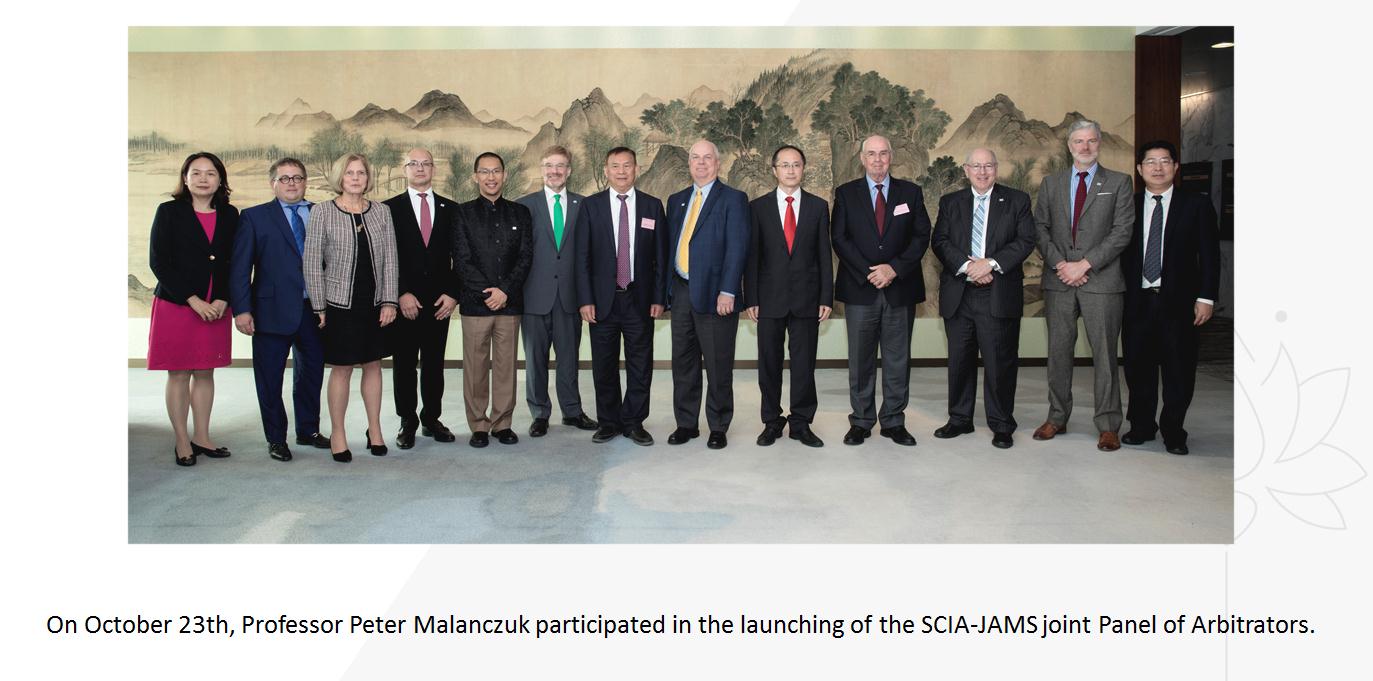
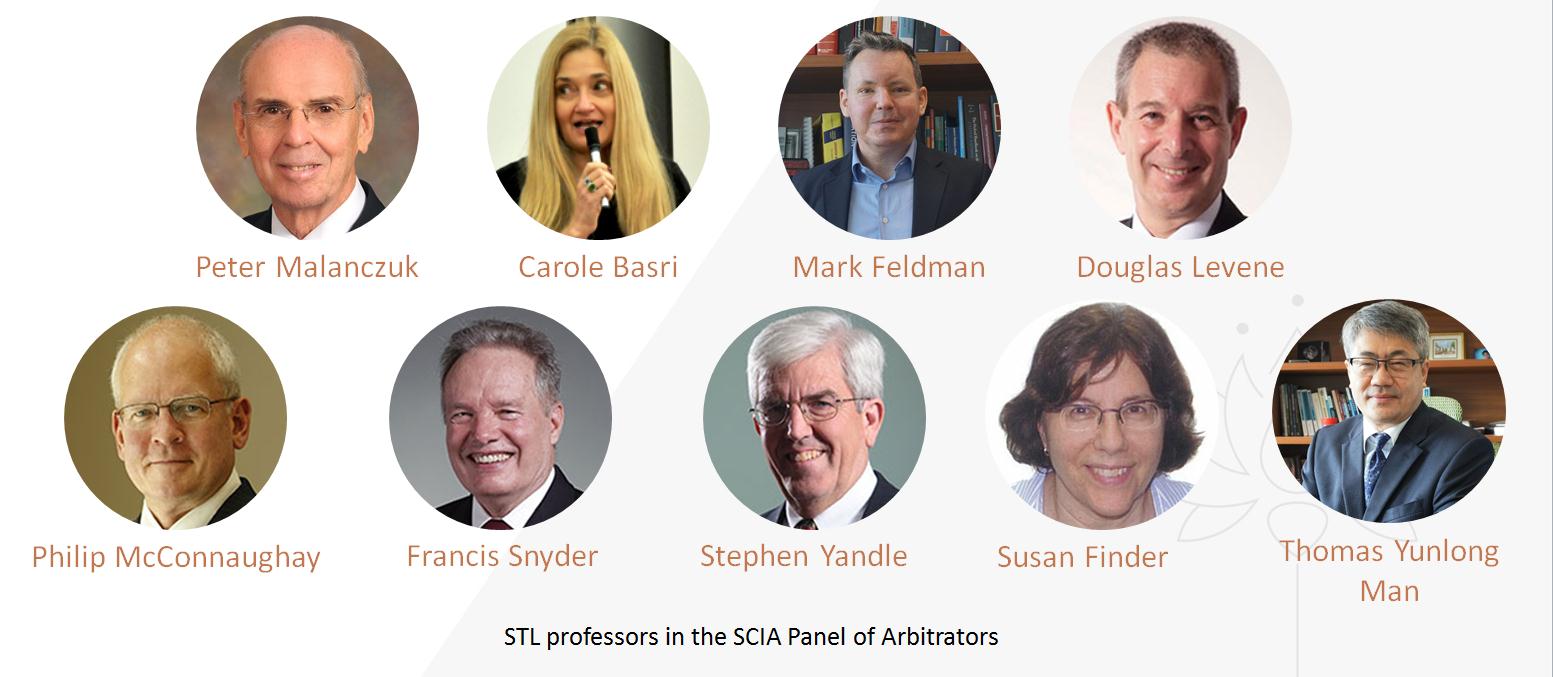
From the above, I got to know more and more that the faculties of STL not only devoted to teaching on campus, but also actively got involved in the legal community in China and have made great contributions to the development of Chinese international arbitration. By this way, I believe that their global visions and local experiences help the STL student a lot, to meet the requirements of Chinese transnational legal practice.
The second way is the interactions with the excellent students of STL through the past years.
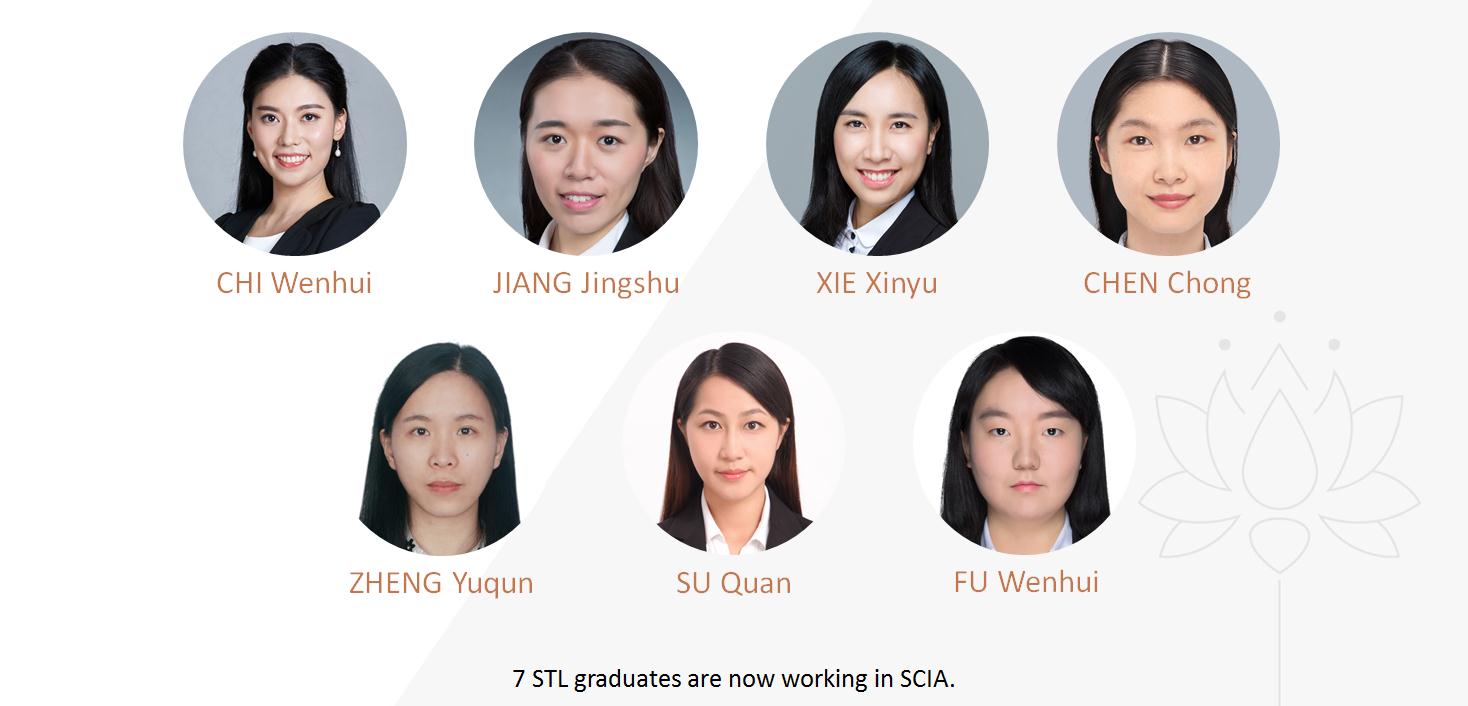
Maybe you also know, SCIA has maintained a long-standing internship program with STL. According to my knowledge, there are at least 40 STL on-campus students who once had internships in SCIA. Also some of my colleagues were invited by STL to judge the moot court competitions over the years, sharing international arbitration experiences with the students.
I am so proud to see that SCIA has become the first place for some STL students to get international dispute resolution experience and practice law. As a PKU alumnus, I am so proud for the excellent performance of STL students.
By the two ways’ interactions, I not only got the answers for the above mentioned two questions, but also believe that, because of you and the other graduates, STL is far beyond my expectations at the time of the launching of such a transnational law school 13 years ago.
While celebrating the achievement of STL, there is a group of people that we should give special thanks. The former Chancellor Professor Hai Wen, The founding Dean Lehman, the former Dean Yandle, Dean McConnaughay, and all other faculties of STL, it is your perseverance and dedication to the school that lead to the great success. Thank you for cultivating transnational legal talents for China and abroad, which indeed help promote the rule of law in China. I suggest all the graduates and guests today give a big plaud to all the faculties of STL!
Now comes to today’s most important moment.
Dear STL graduates, Congratulations! All of you have passed the most burdened and difficult four-year law school education in China and prove the success of the innovation of legal education in STL. You should applaud for yourself at this moment.
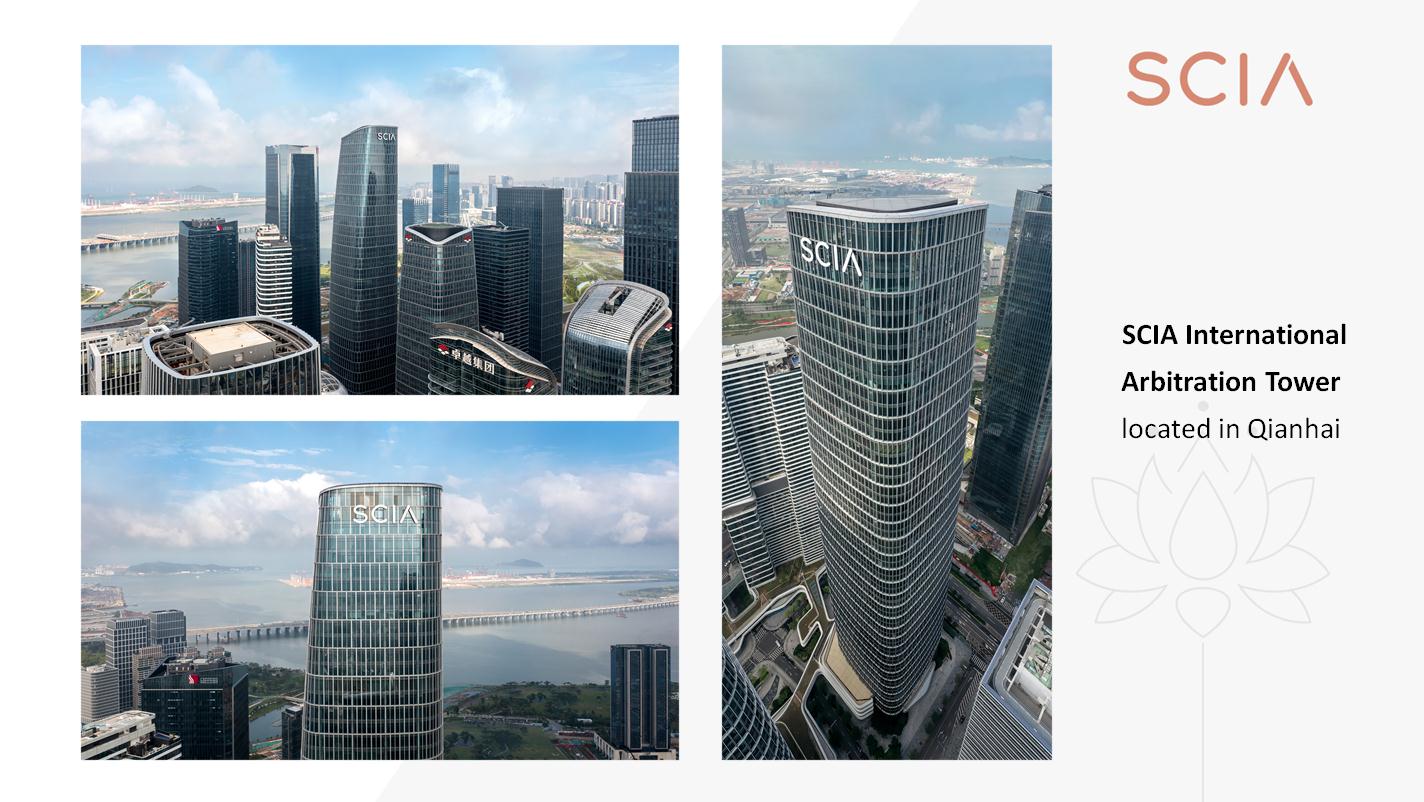
Navigation
Arbitration Rules Model Arbitration Clauses Find an Arbitrator SCIA Guidelines Online Case Filing Online Office Fee Calculation X



